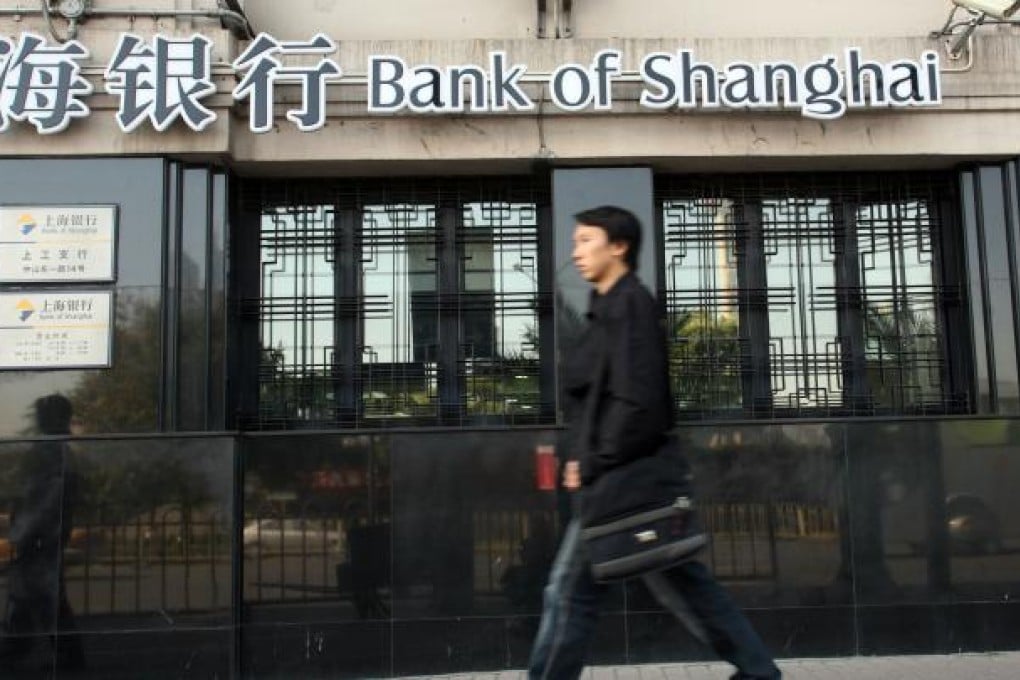Opinion | Municipal bank IPOs beckon for local bourse
First the mainland's strategically vital national banks floated on the HK bourse; now some of their municipal brethren could test the water

In 2001, Bank of China listed its Hong Kong operations on the local exchange, and it was good. Regulators then gave their blessing for the Hong Kong listings of Bank of Communications, China Construction Bank, ICBC and Agricultural Bank of China, and investors rejoiced. It was a great 10-year run, in which Beijing bestowed on the local market giant IPOs that made investors a lot of money. Mainland financial institutions, including insurance firms, pretty much defined Hong Kong's new-listings market over the last decade.
Fast forward to today and signs that mainland bank listings are back on the agenda. A number of lenders are eyeing a Hong Kong float and at least three - Bank of Shanghai, China Guangfa Bank and China Everbright Bank - look realistic within the next 12 months.
Bank of Shanghai is the most promising of the bunch. The scuttlebutt among IPO bankers is that the bank, partly owned by British lender HSBC, has already filed its listing application with the local bourse and is ready to go public as soon as June.
It's way too early to talk about pricing for these deals and, in any case, bank valuations are complicated. Instead, investors might think about what Beijing is trying to achieve by listing these banks offshore. The first wave of mainland bank listings in Hong Kong in the 2000s focused on strategically important national banks. The government had an agenda to fulfil with those listings, which was to recapitalise what was an effectively bankrupt banking sector and to raise their lending standards and governance to international levels.
The government therefore placed a lot priority on the success of each bank listing. The deals could not fail - one failure would spoil the chances of the next IPO in the queue, which would imperil the whole reform programme.
For practical purposes that meant investors got a cheap deal. The bank stocks were priced cheaply to ensure a successful listing. The bank stocks all duly traded up and investors made a lot of money from those deals.
In fact, several mainland officials complained publicly at the time about underpriced deals for the likes of ICBC and China Construction Bank - the state was giving money away to investors and the investment banks that took pre-IPO stakes in the institutions.